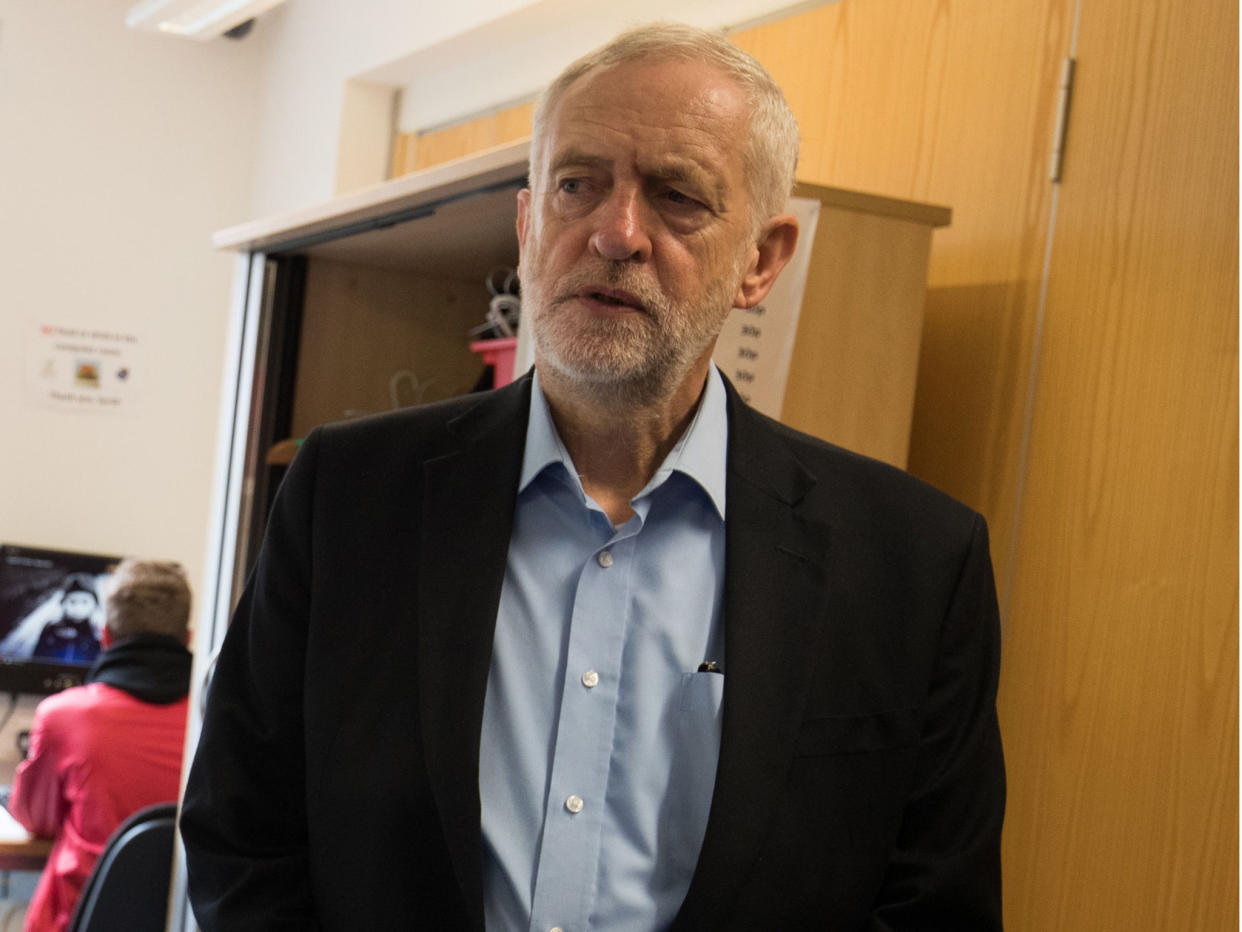The sooner young Corbynista Uber users realise what’s really going on with Labour’s economic policies the better

It’s 2.36am in some godforsaken outer suburb of London. You’re drunk. You’re alone. The last trains and tubes have long since run around here. The night bus hasn’t turned up and the timetable has been vandalised. It’s cold. It’s raining. Black cabs are rare in this part of town. You’ve little money on you.
What do you do?
The answer used to be obvious: Uber. For all its well-publicised shortcomings, people in London have long been grateful that its drivers have been able to rescue them from an uncertain journey home, and much worse.
The new night time economy may be a wonderful thing, but it needs a better infrastructure to get people in and out of it. In London there are at least some night public transport services; in many other British towns and cities there are none at all. What happens if they too follow the example of Transport for London and ban Uber? What do you do about getting home then? I shudder to think.
Be under no illusion about the reality of what the consequences of this decision will be; more human misery; more calls on the NHS; more police resources devoted to the difficult task of bringing night time offenders to justice.
Would you vote for that? Would you vote for politicians such as Sadiq Khan and Jeremy Corbyn who have defended or welcomed the TfL decision? Corbyn Tweeted: “Labour supports fight against Uberisation of the workplace. Full-time work with decent conditions must be a right”.
And what of the Shadow Cabinet? How do they feel? We know what Rebecca Long-Bailey MP, Labour Business spokesperson, thinks because she has declared that she doesn’t use Uber as it is not "morally acceptable": "I don't like the way they treat their workers," she told the BBC. Well, that’s nice for her, isn’t it? She’s on £74,000 a year and can expense at least some of her travel costs. If she ever gets into the Cabinet she’ll get a chauffeur and a Jag to go around in. So yes, it’s OK for her to ignore Uber.
If Labour’s answer is to stop Uber drivers being "exploited" and be granted the same rights as workers with permanent jobs – and very probably enhanced with a strong dose of union power – then many Uber users will simply be priced out of the service, and Uber drivers will lose their living anyway.
John McDonnell, the Shadow Chancellor, suggests that a Labour government would fund start-ups to bring more competition to the field. A good idea in theory; but there’s no guarantee they would work, nor that they wouldn’t go out of business and take the taxpayers’ cash down with them.
And why bother to re-invent the Uber app? With no public subsidy whatsoever, Uber has revolutionised the cost and ease of getting from A to B in a safe and reliable fashion. It is a typical example of the benefits free enterprise can bring to ordinary workers’ living standards.
Of course, Labour could both legislate for some arbitrary “living wage” for Uber drivers and simultaneously regulate or cap the fares Uber charges. If Uber is lucky they might – might – be permitted to run their business at a profit. But what if they cannot? Then, once again, there is a loss to the poorest taxi users who can ill afford whatever alternatives will be left to them.
I can only hope Labour might have some sympathy too for the 40,000 Uber drivers who are about to lose their livelihoods, and for some utter financial run, chained to leasing bills for cars when they can no longer earn any kind of living. The economy, living standards and employment will all suffer from the Uber ban, a microcosm of the wider damage a Corbyn government would inflict.
One last, very political point. It may be a stereotype, but I think it fair to say that many young people in London starting their careers on modest salaries in a high cost city would vote for Corbyn's Labour. That’s because they think Jeremy is “on their side”. Well I’ve no doubt he thinks he is, quite sincerely. Yet his policies here, as with so much else, would make them poorer and less able to go out and enjoy themselves of an evening without worrying too much about getting back home. That, to me, is the moral benefit that Uber brings to society and the sooner young Corbynista Uber users realise what’s really going on with Labour’s economic policies the better.
Here we find a holy trinity of economics that Labour despises: technology, enterprise and the tech giants. Technology opens up the possibilities; free enterprise turns invention into innovation; and huge corporations can afford to invest in software (such as Apple’s smartphones and apps), take risks and bring unimagined new goods and services at ever lower prices.
This holy trinity has yielded huge benefits especially to the working classes – Uber users and drivers in this instance. We can carry on delivering an ever more prosperous society, if only we can resist the temptation to ban or nationalise everything that commits the “crime” of turning a profit. Taxi for Corbyn!

 Yahoo News
Yahoo News 
